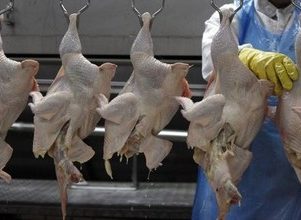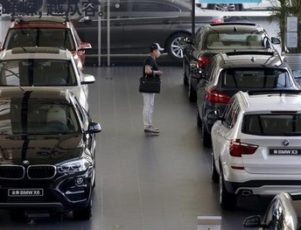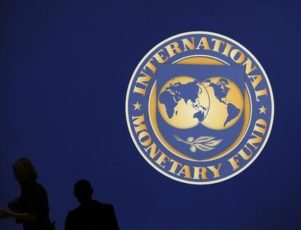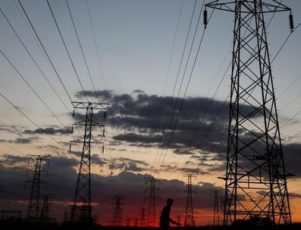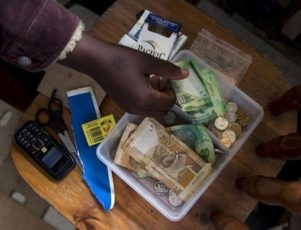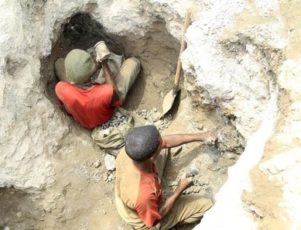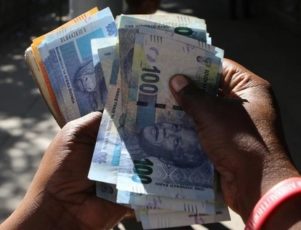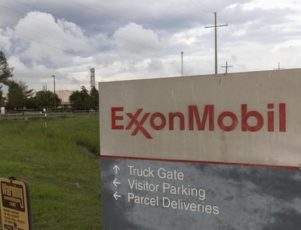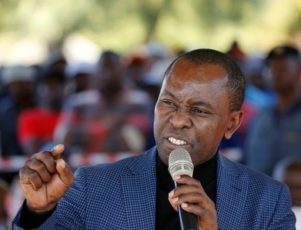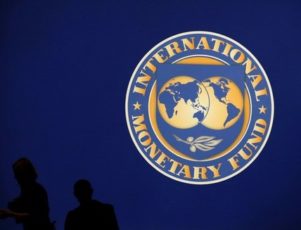JOHANNESBURG (Reuters) – South African poultry producer Astral has to cut jobs, it said on Wednesday, under pressure from high feed prices due to drought and from an over-supplied domestic market.
Maize prices in South Africa have hit record highs as an El Nino triggers the largest rainfall shortages in over a century, while cheap chicken imports flood in with the ending of punitive duties on U.S. chicken imports in 2015.
Analysts said production cuts were likely to be accompanied by mergers and acquisitions as companies across the food sector scramble to offset falling revenues.
“A lot of producers are suffering under current conditions and a lot them will be forced to become very, very competitive,” said Global Trader equities analyst Paul Chakaduka.
Shares in Astral slipped more than 4 percent on Wednesday after the firm delivered its operational update.
It said the impact of rising feed costs, record poultry imports and a weak consumer market was more severe than it had originally anticipated.
“The impact of the planned production cutbacks will unfortunately negatively impact on the labour force due to the reduction in hours to be worked,” Astral said.
The company employs about 13,000 people across operations in South Africa, Zambia, Mozambique and Swaziland, with a combined processing capacity of nearly 5 million broiler chickens a week.
Astral said it had implemented an import strategy to hedge against maize shortages and high prices, but if conditions did not improve it would have to consider further cuts to production and jobs.
Government expects the 2016 maize harvest to come in 28 percent lower at 7.16 million tonnes, with an improved harvest only in 2017 with a return of more rainfall.
Astral’s fellow poultry producers RCL Foods and Quantum Foods have also struggled in 2016, both citing the effect of drought, costlier raw materials, and lower demand made worse by high unemployment and climbing food inflation.
In May, Quantum reported headline earnings per share at 14.8 cents versus 26.3 cents in 2015. RCL reported HEPS up 25 percent to 87.2 cents, higher due to its diversified products.
Astral previously said it saw HEPS falling around 30 percent to between 801 cents and 701 cents per share for the six months to end March.
Share prices in all three of the poultry producers are lower compared to a year ago.
“These stocks may continue to become cheaper but it doesn’t mean they’re in buy territory. It only means they’ve become extremely uncompetitive or that you could see further mergers and acquisitions in the sector,” Chakaduka said.
(By Mfuneko Toyana. Reporting by Mfuneko Toyana; Editing by Ruth Pitchford)

